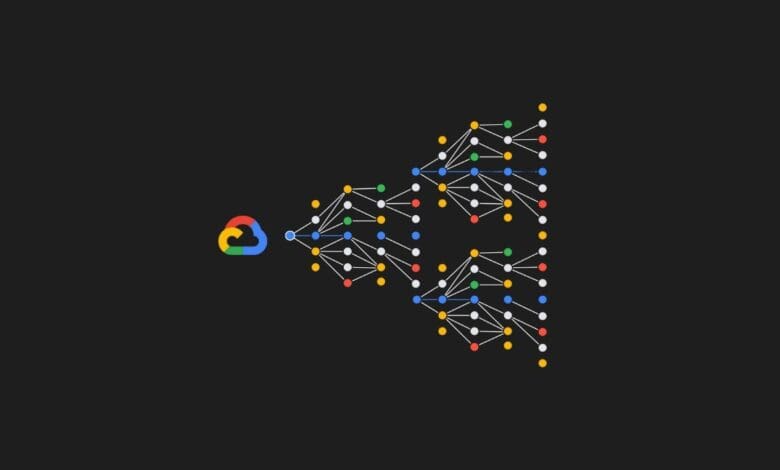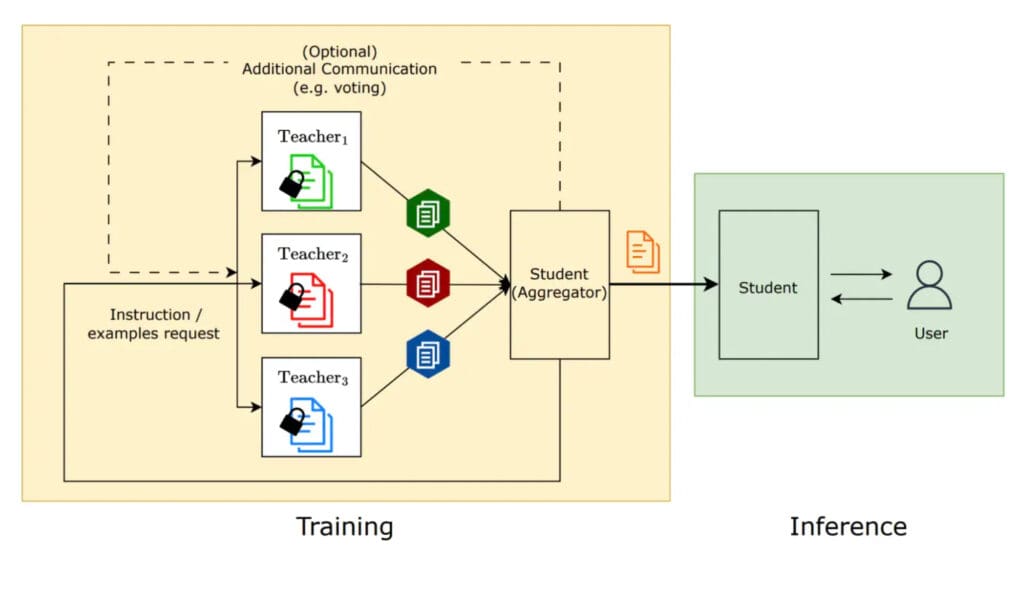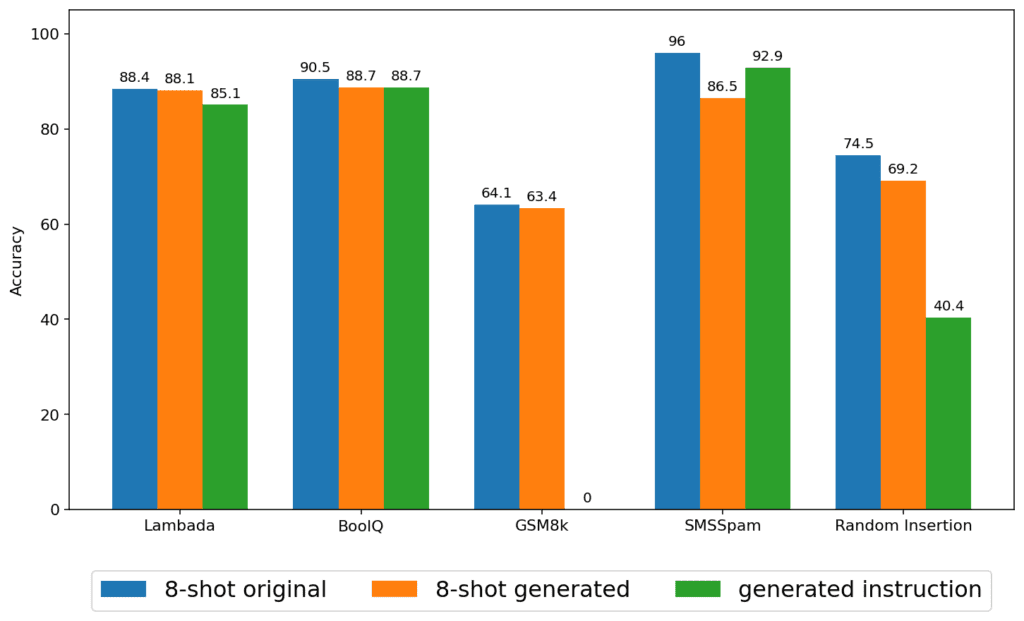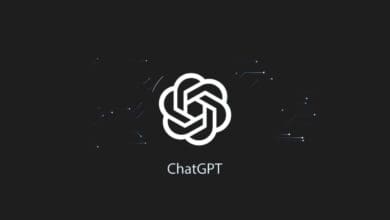Google’s New Social Learning Model: Transforming AI Education

Google has unveiled the social learning framework, a novel privacy-centric model that enables artificial intelligence systems to train each other.
Various experiments have been conducted on the training methodologies of artificial intelligence, with one notable study recently undertaken by Google.
The method, dubbed “Social Learning,” emphasizes a privacy-oriented approach. In this framework, diverse AI models have the capability to learn from other specialized AIs, thereby enhancing their own performance.
How does the model work?

In this model, there is a student artificial intelligence and a multitude of teacher artificial intelligences. These AIs are capable of learning from each other through natural language interactions, enabling them to enhance their skills in various domains and undertake different tasks.
Imagine, for instance, we possess one AI model that excels at solving mathematical problems and another that is proficient in compiling data and understanding verbal expressions. By integrating these two, we can elevate a third language model to a higher level of optimization. Teacher AIs, which draw on human examples, provide training for new AIs without sharing data, thus preserving privacy. Moreover, these teacher AI tools can generate examples and guidance beyond the scope of their existing knowledge.

Research indicates that student artificial intelligences are progressing across various domains. It’s noteworthy that the examples crafted by the teacher models prove to be nearly as effective as the original data. Additionally, the guidance provided by these models is instrumental in enhancing the performance of the student models. Throughout this process, the risk of data breaches or exposure is significantly reduced.
This model, inspired by human social learning capabilities, places a strong emphasis on privacy while facilitating knowledge sharing and performance improvement. As a result, it lays the groundwork for the development of privacy-focused artificial intelligence systems in the future. Researchers are now looking to explore different areas where this model can be applied.











